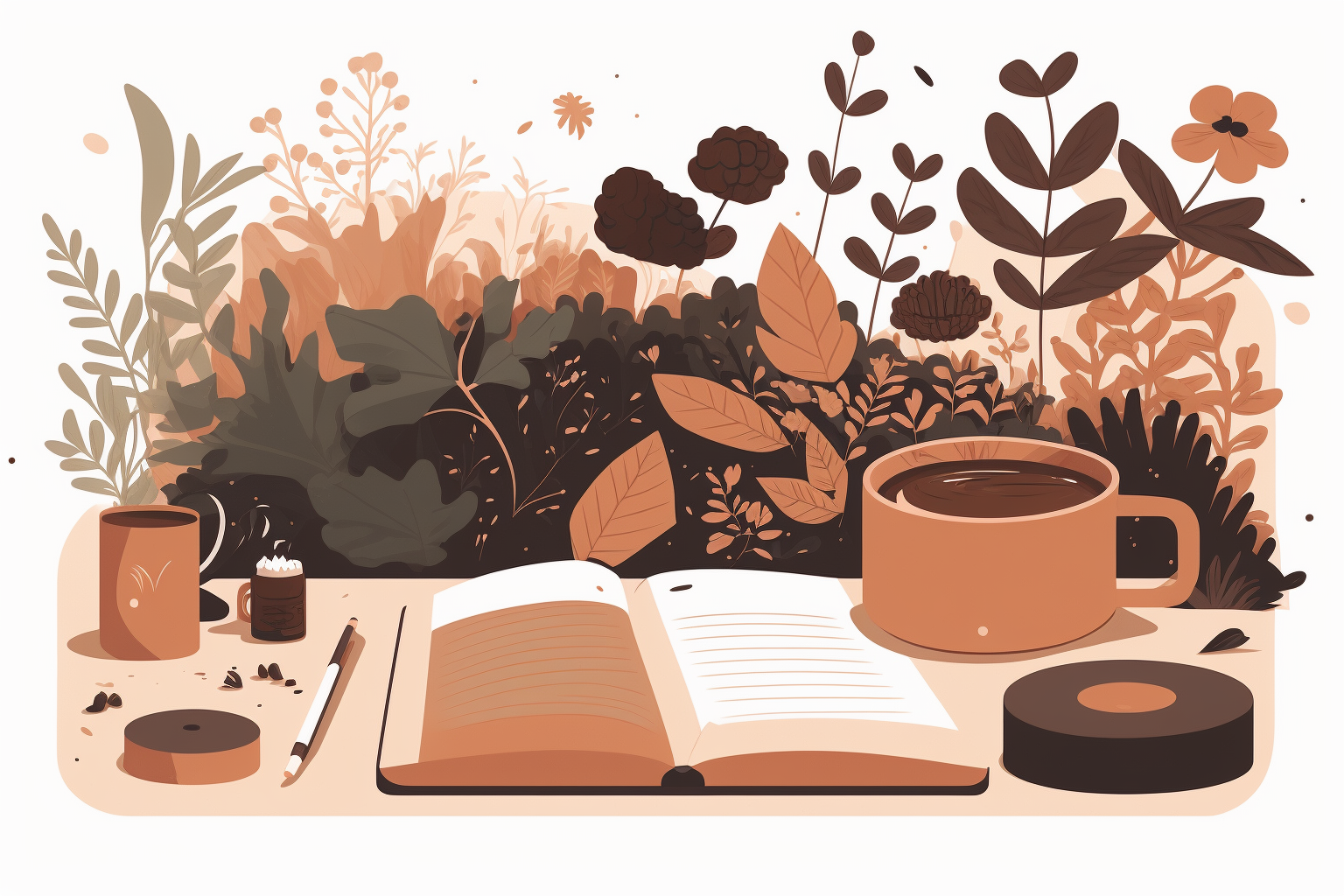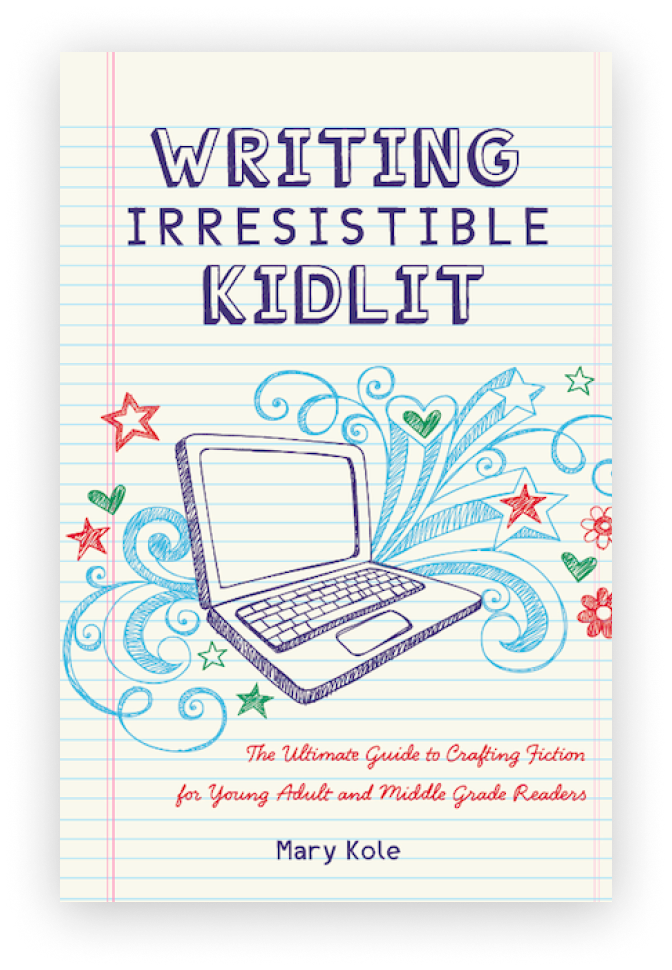Developing Your Mental and Emotional Writers Tools
By Mary Kole
Mary Kole is a former literary agent, freelance editor, writing teacher, author of Writing Irresistible Kidlit, and IP developer for major publishers, with over a decade in the publishing industry.
Writing is a craft that takes a variety of writers tools—but maybe not the ones you might think. The writers tools I recommend developing include endurance, patience, mental and emotional fortitude, and, of course, creativity. Many aspiring writers think the tools they need are physical—a pen and paper or a fancy laptop—but what they really need are writers tools that will help prepare them emotionally and mentally for the road ahead. Here are four writers tools that every aspiring author needs to develop their craft.
Writers Tools: Stamina
Writing is not just an art form but also a long-term labor of love. It requires sustained effort over long periods of time, so stamina is essential for any would-be writer. Developing stamina means being able to stay focused on the task at hand despite distractions or disruptions or the deep discouragement of dealing with book rejection. Life keeps interrupting best-laid plans in the best of times, so stamina is one of those essential writers tools.
Stamina also means having the willpower to stay in the chair when all you want to do is take a break or mess around on social media. Without “butt in chair” time, no writing gets done. The good news is that stamina is one of those writers tools that can be developed through practice. It’s like a muscle that can be built up. The more you write, the more stamina you will have for future projects. Stamina is one of the most critical writers tools that you can develop for a successful career.
Writers Tools: Patience
Writing can be a slow process, with many revisions, edits, and pit stops required before a project is ready for publication. (There are also revisions, edits, and rewrites after you secure a publishing contract, so it truly never ends! Not to mention the wait for the publishing contract itself!) Patience is key in this process. Without a longview attitude, many writers may become frustrated or give up altogether.
Patience isn’t just about waiting out a submission round, either. Develop chronic patience, not just acute patience. Chronic patience it’s also about understanding that writing isn’t something that happens overnight. It takes time and dedication to achieve success as a writer. With enough patience (and practice), writers can eventually learn how to write and revise effectively and efficiently while still producing quality work. Patience is perhaps one of the more underrated writers tools—just ask all of the people who submitted their book query letter too early!
Writers Tools: Self-Confidence
It can be difficult for some writers to believe in themselves, especially when starting out. (It’s even harder to believe in ourselves when we’re encountering a ton of rejection.) Self-confidence is one of the most important writers tools that you can foster, because it allows you to trust your instincts and push past fear or doubt when it comes to developing your creative work.
To cultivate self-confidence as a writer, try reading your work aloud—hearing your own words gives you an opportunity to gauge your progress objectively and appreciate your own writing voice as an artist, rather than worrying about what other people may think of it. Additionally, celebrating small successes (like completing drafts or getting positive feedback from beta readers or freelance editors) can help boost confidence levels over time. You might not ever get to a place where you feel unconditional self-confidence, but this is one of those writers tools that’s worth developing.
Writers Tools: Creativity
Creativity fuels the writing process, no doubt about it. Without it, there would be no stories or poems or novels! Creativity doesn’t just mean coming up with a solid and multi-layered premise for one project. It’s also about finding new ways of expressing those ideas in words that captivate readers' imaginations and emotions alike.
Cultivating creativity involves taking risks with language while allowing yourself space to explore different aspects of your story without pre-judging them based on preconceived notions of what your novel or story “should” look like or what the writing audience wants. (You should absolutely consider your audience eventually, but doing so too early can compromise your creative process. There’s also some debate about following the rules vs. freewriting, which is outside the scope of this article.)
Taking breaks from writing can also help stimulate creative thinking—going outside for a walk or engaging in another creative activity like painting or playing music can help get those creative juices flowing again. This is the foundational idea of The Artist’s Way by Julia Cameron, a guide for developing creativity.
At its core, writing is an emotional undertaking—one that requires mental fortitude as well as a certain skill set (like typing speed and grammar proficiency). There are so many writers tools involved that it’s easy to get overwhelmed!
Having the right emotional writers tools is essential for any successful writer’s toolkit. Through developing stamina, patience, self-confidence, creativity—plus plenty of practice—writers can foster these invaluable qualities within themselves over time. With these powerful writers tools under their belt, even novice scribes can rise above any challenges on their journeys towards becoming successful published authors.
For those eagle-eyed readers who are wondering just what kind of editor would write an article with the error “writers tools” over and over on her website, I applaud you for noticing. Please note that I picked this keyword phrase on purpose, as part of my SEO (search engine optimization) strategy. It should be “writers’ tools.” If you’re curious about writer marketing techniques, check out Good Story Marketing. This post contains affiliate links.

Click here to purchase Writing Irresistible Kidlit, my book on fiction craft for MG and YA novels, out from Writer's Digest Books. This will show you my writing craft philosophy and give you lots of valuable advice, including tips for the novel revision process and self-editing. There are over 35 example novels cited and discussed throughout. It’s a valuable resource for any writer’s toolkit.
Click here to purchase Irresistible Query Letters, my book on query letters, including over forty examples with comprehensive notes on each one. There’s a ton of submission advice, best practices, and insider information in these pages, and you’ll really enjoy seeing what other writers are doing in the slush.
Click here to purchase Writing Interiority: Crafting Irresistible Characters, my book on interiority and character creation. Explore your protagonist’s thoughts, feelings, reactions and interpretations, expectations, and inner struggles to create a rich, immersive experience. This guide will empower you to create characters who live and breathe on the page, fostering an unbreakable bond with your audience.





